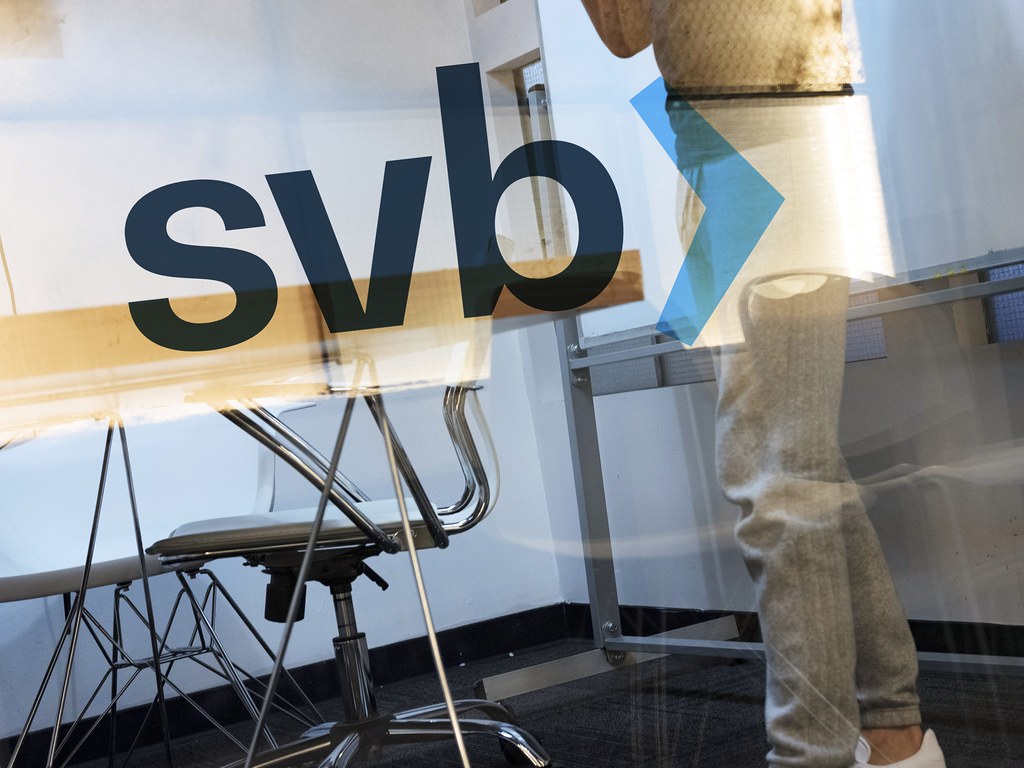
In mid-March 2023, news broke that Silicon Valley Bank (SVB), one of the largest banks in the United States, was on the verge of collapse. The bank had been struggling for months, weighed down by risky investments in tech startups and venture capital firms. On March 13, 2023, the bank finally failed, leaving its customers in turmoil.
-
The SVB Bank Crisis Explained
The SVB Bank crisis has its roots in the bank’s aggressive expansion into the tech sector. SVB is known for its close relationships with startup companies and venture capital firms, providing them with funding and financial services. However, in recent years, SVB’s investments in tech startups and venture capital firms became increasingly risky, as the bank sought to capitalize on the booming tech industry.
Unfortunately, this strategy backfired when many of the startups and venture capital firms in which SVB had invested began to fail. As these companies went bankrupt, they took SVB’s investments with them, leaving the bank with a huge amount of bad debt. This, in turn, led to a run on the bank, as customers began to withdraw their money in droves.
-
Impact on Indian Customers
While SVB is based in the United States, the bank has a significant number of Indian customers who may be affected by the crisis. Indian customers who have accounts with SVB may be at risk of losing their savings if the bank fails. Moreover, Indian companies that have received funding from SVB or that have invested in SVB’s portfolio companies may also be impacted.
-
Steps Indian Customers Can Take to Protect Their Savings
If you are an Indian customer of SVB, there are steps you can take to protect your savings in these troubled times. Here are some of the most important steps you can take:
-
-
Ensure Your Deposits are Insured
-
The Federal Deposit Insurance Corporation (FDIC) insures deposits of up to $250,000 in US banks. If your deposits with SVB are within this limit, your money should be safe even if the bank fails. However, if your deposits exceed this limit, you may want to consider moving some of your money to another bank.
-
-
Review Your Investment Portfolio
-
If you have invested in SVB’s portfolio companies or have received funding from SVB, you should review your investment portfolio to assess the impact of the bank’s collapse. You may need to write off some of your investments or seek alternative sources of funding.
-
-
Consider Diversifying Your Investments
-
To avoid being overly exposed to any one bank or investment, it’s important to diversify your investments. This means spreading your investments across different asset classes, such as stocks, bonds, and real estate. By diversifying, you can minimize your risk and protect your savings in troubled times.
-
The Role of Financial Regulations in Preventing Bank Crashes
The SVB Bank crisis highlights the importance of financial regulations in preventing bank crashes. In the aftermath of the 2008 financial crisis, the US government implemented a number of regulations designed to prevent banks from taking on excessive risk. However, some critics argue that these regulations
We hope this article has helped provide some insight into the SVB Bank crisis and what it means for Indian customers. While the situation is concerning, there are steps you can take to protect your savings in these troubled times.
By staying informed, keeping a close eye on your accounts, and diversifying your portfolio, you can ensure that you are in the best possible position to weather any financial storm.
Remember, the Indian government provides insurance for bank deposits up to Rs. 5 lakhs, so your savings are safe in the event of a bank failure. However, it’s always wise to take proactive steps to protect your money.
Thank you for reading, and please feel free to share this article with anyone who may find it helpful. Stay safe and stay informed.
Recent Posts
- Birla Corp allocates rs.400 crore for cement grinding unit in Prayagraj, Uttar Pradesh
- Karnataka government is looking into a potential partnership with Meta to improve cyber safety.
- Air India and Alaska Airlines Partner to Offer Seamless Passenger Connections to 32 North American Destinations
- India Achieves Record Car Sales in October, Witnessing 16.3% Year-on-Year Growth with 391,472 Units Sold
- YouTube now requires users to either pay for Premium or watch ads, as ad blockers are blocked.







Recent Comments